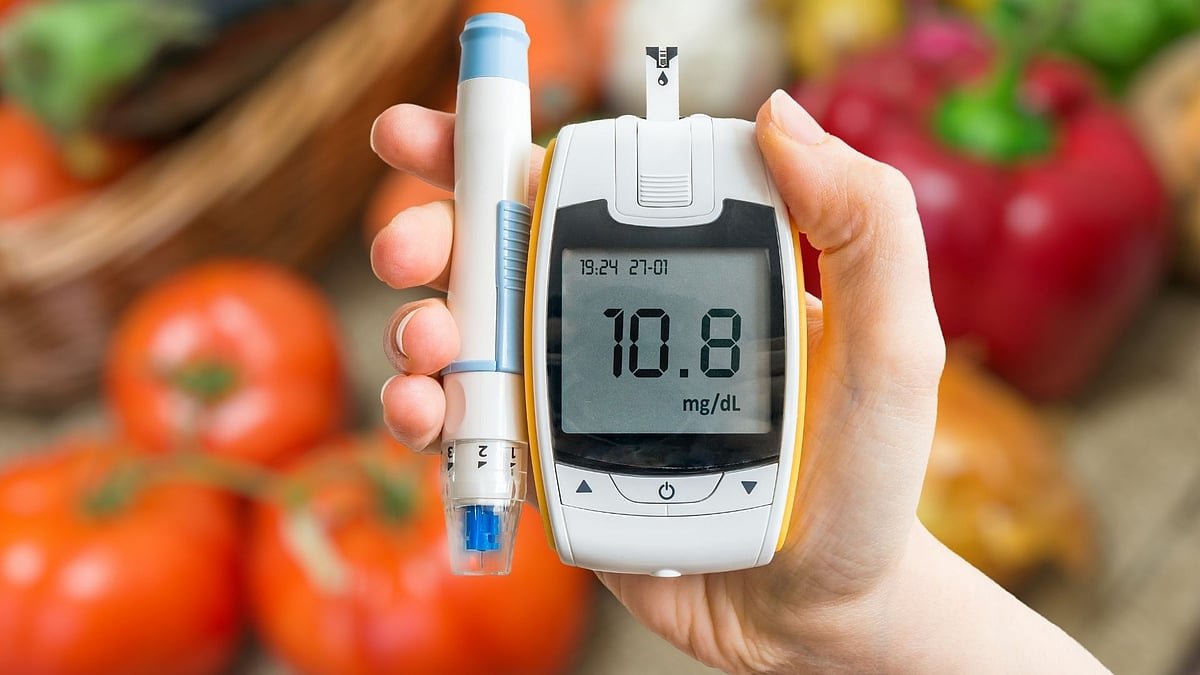Managing blood sugar levels isn’t about eliminating your favourite foods-it’s about understanding how your body responds and making mindful, sustainable changes. According to Dr. Piyush Lodha, Endocrinologist at Ruby Hall Clinic, Pune, most glucose spikes occur when carbohydrates are eaten alone, meals are skipped, or eating patterns become irregular.
Balance is key: Pair carbs with protein and fibre
Carbohydrate-rich foods break down into sugar quickly. When consumed without protein or fibre, they cause rapid spikes in blood glucose. Dr. Lodha recommends pairing carbs with protein sources like eggs, paneer, dal, curd, or nuts. Adding vegetables to every meal further slows digestion and supports stable sugar levels.
Even the order in which you eat matters,starting your meal with a soup, salad, or a small portion of protein can significantly reduce post-meal sugar rise.
Movement and hydration
One of the easiest ways to control blood sugar? A 10–15 minute walk after meals. This simple activity helps muscle cells absorb glucose more efficiently, lowering spikes almost instantly.
Hydration is equally important. Dr. Lodha advises choosing water, lemon water, or buttermilk over sugary beverages like juices, cold drinks, and packaged drinks to avoid unnecessary sugar load.
Can diabetes be reversed?
While diabetes may not have a permanent cure, Dr. Lodha explains that remission is achievable with consistent lifestyle improvements. Reducing abdominal fat, improving sleep, managing stress, and staying active all help boost insulin sensitivity.
High-fibre foods-whole grains, vegetables, fruits, and seeds-combined with smaller portion sizes and fewer fried foods further support healthy sugar levels.
Early action makes the biggest difference
With mindful daily habits, many individuals witness improved energy, reduced medications, and normalised sugar levels. On this World Diabetes Day, Dr. Lodha’s message is clear: start small, stay consistent, and protect your health today for a stronger tomorrow.

